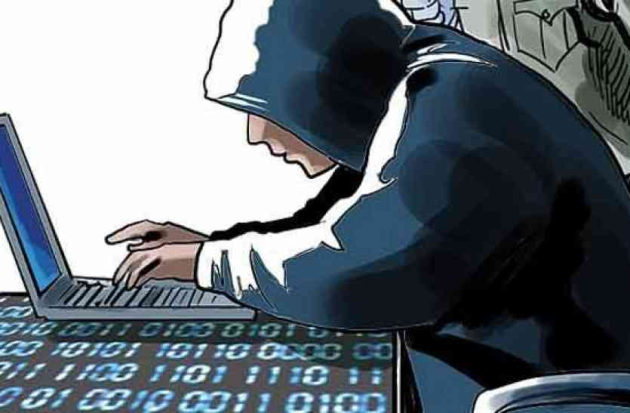

Just two days back, my friend landed herself in serious trouble after she checked in on Facebook. This led a stalker to follow her and reach the cafe where she was hanging out. He followed her on her way back home. She had to involve the police and get the matter resolved.
Sometimes, we really forget the content you are sharing with your friends and family, is also accessible to the strangers as well. The sad part of the story is with the excessive use of technology, cyber harassment cases are also on the rise in Pakistan and globally as well.
When you are living in a high-tech world, it is important to be technologically responsible and also have some social etiquettes. Before you slip into the world of technology, here are three reminders of what you might not share online.
Never share your personal information online such as sharing a photo of your identity card, passport or credit card, academic credentials which may be exploited by some cyberstalkers to blackmail you. However, if you have a legitimate reason to share an image of any important personal document, such as your MBA degree you must enhance your privacy settings and make it custom to your trusted contacts.
Likewise, don’t post your phone number, your home or your company address on any social media network. Many of you might not be aware that by giving this information online, you easily open yourself up to dangers, such as threats and possible burglaries.
Recently, Mark Zuckerberg, Chief Executive of Facebook confessed that the social media has an access to all your personal data including your call and message history.
Many people on social networks are not aware that a tweet or status update may also expose their current location. This tells people where you are right now. Depending on your privacy settings, this information could potentially go out to millions of strangers and other users. Even if you only have this information set to be shared with your “friends”, you can’t guarantee that this information won’t find its way to non-friends or total strangers.
It may be hard for you but keep your vacation plans to yourself. If you really want to share then share with close friends in person or on the phone, but keep that sensitive info off the internet. You never know who might be watching or what bad intentions they might have.
Political and religious subjects are touchy and people feel extremely passionate about them. Your extremist views on politics or religion are one thing, but giving them on social media is something completely different and controversial which might land you in some hot water. Extreme opinions on sensitive issues can be used against you later in life and sometimes even drop you into lawsuits.
A petition has been submitted to the Lahore High Court (LHC) seeking an emergency prohibition…
Xiaomi has officially expanded its global reach with the release of the Redmi Note 14…
Punjab schools will resume classes on January 13 after the winter break, with the Department…
Punjab Chief Minister Maryam Nawaz Sharif has introduced the Honhar Laptop Scheme 2025, a transformative…
The federal cabinet has approved an amendment to the Pakistan Telecommunication (Re-Organisation) Act, 1996, addressing…
Apple is set to unveil its fourth-generation iPhone SE, anticipated for release in the first…